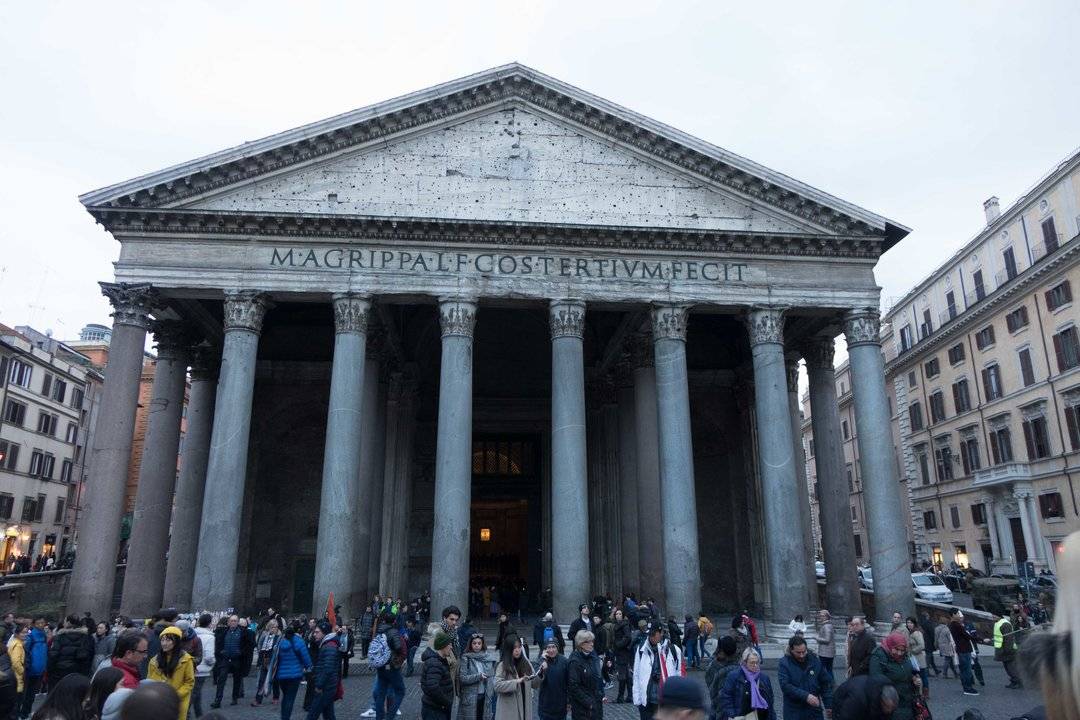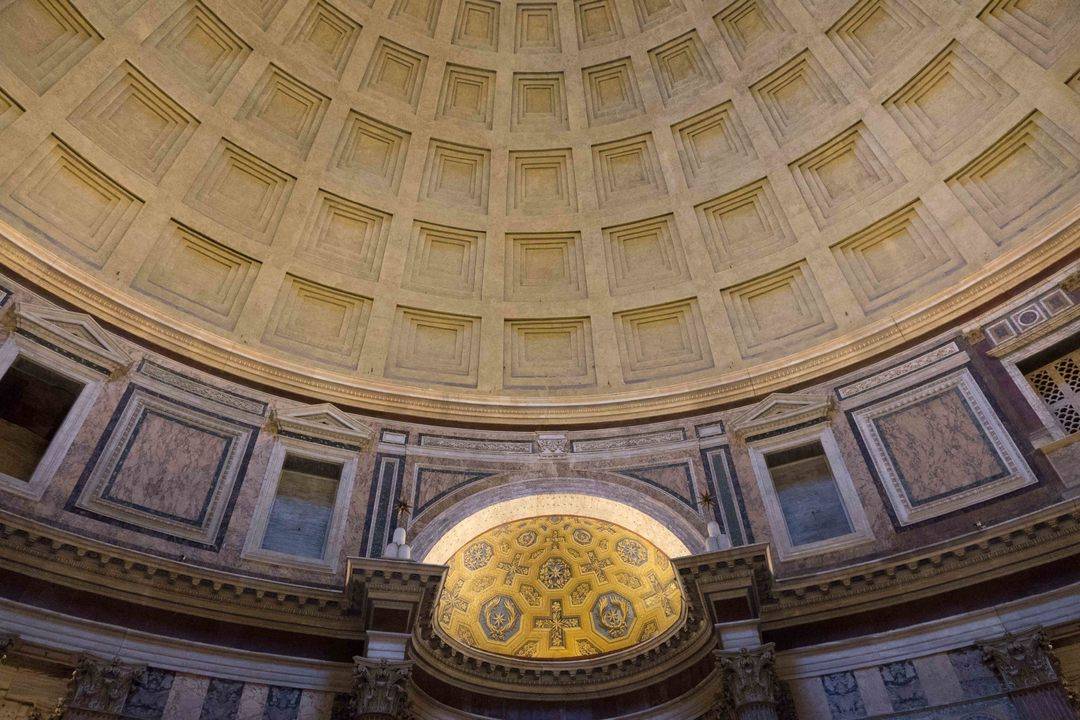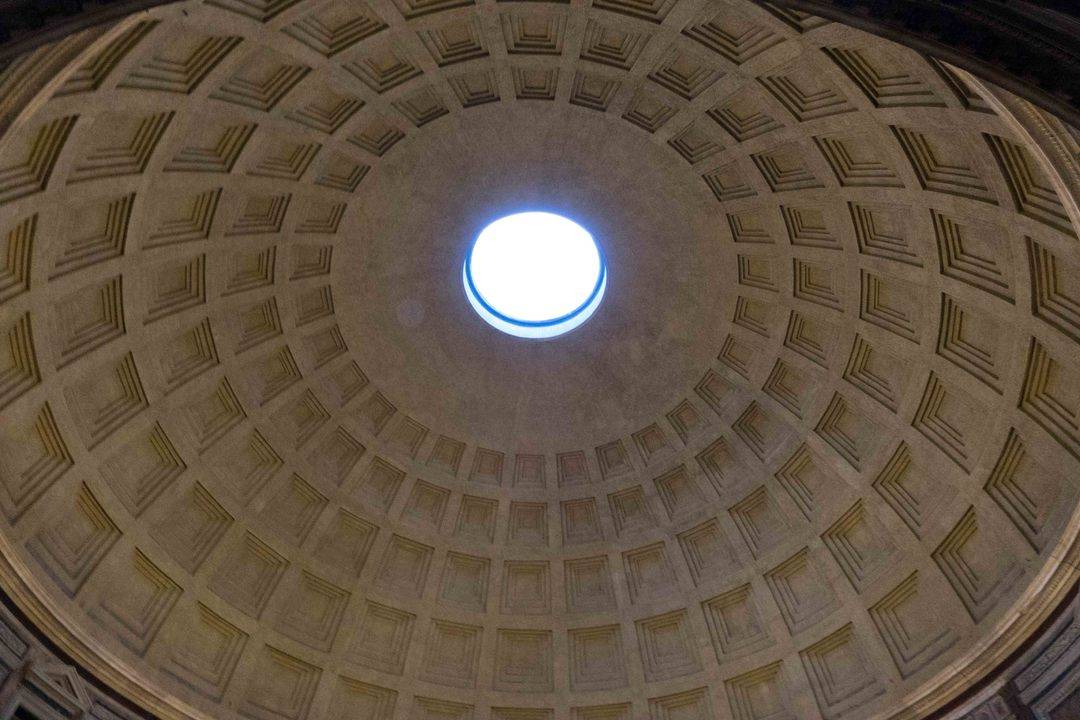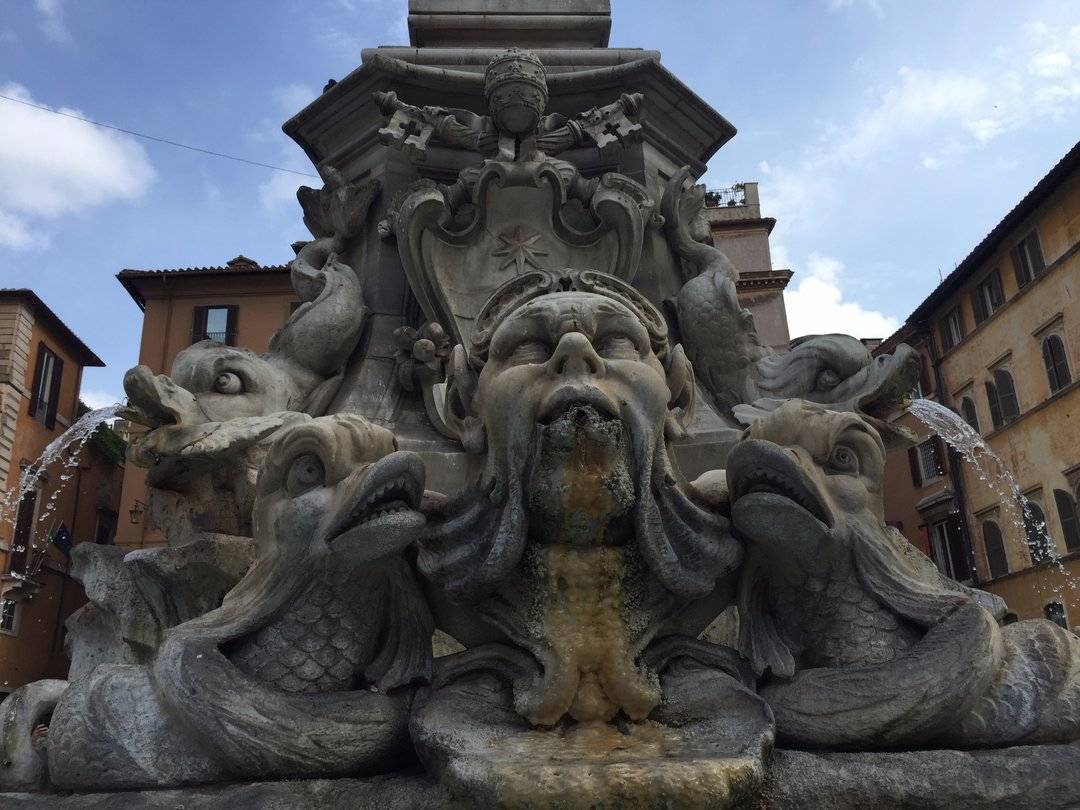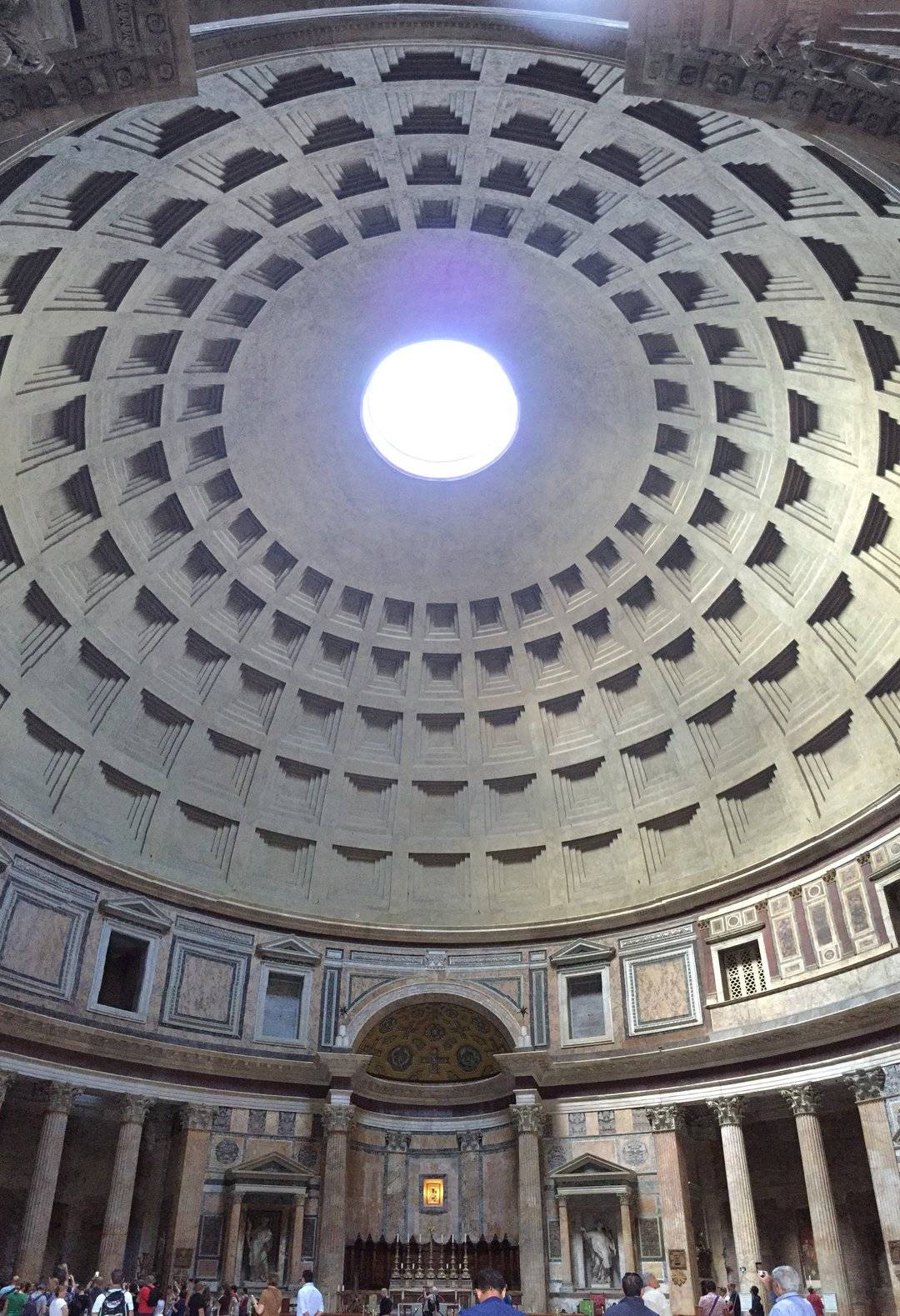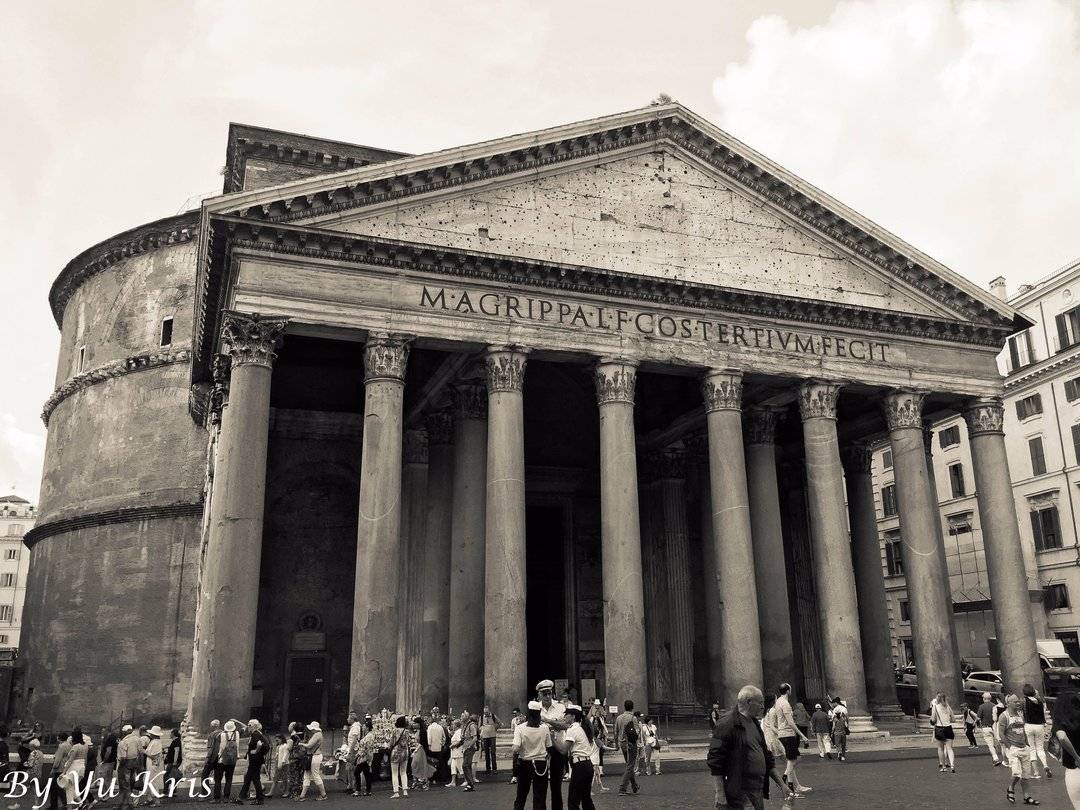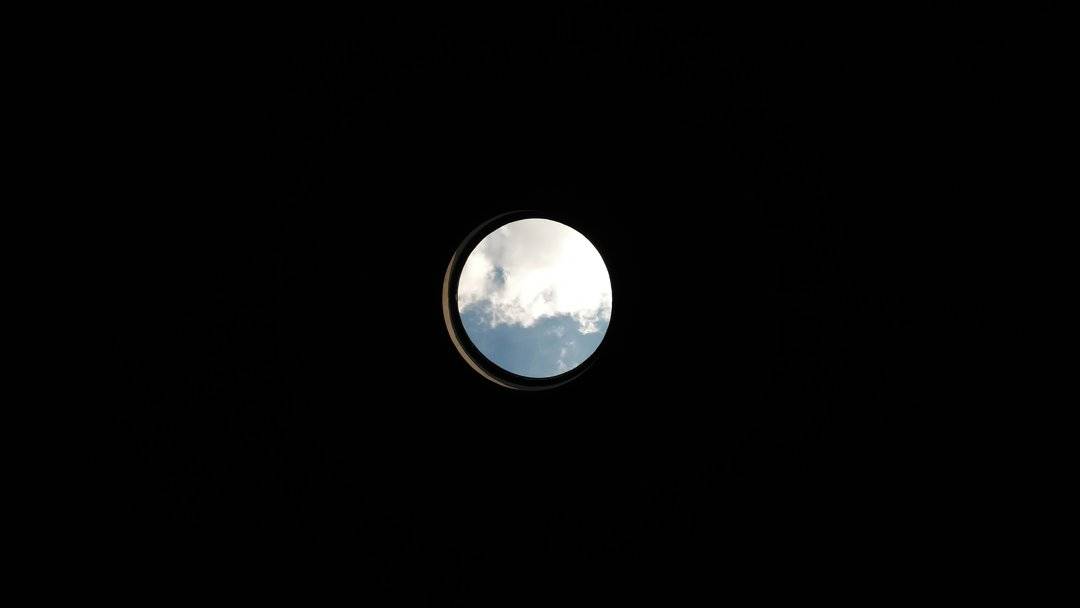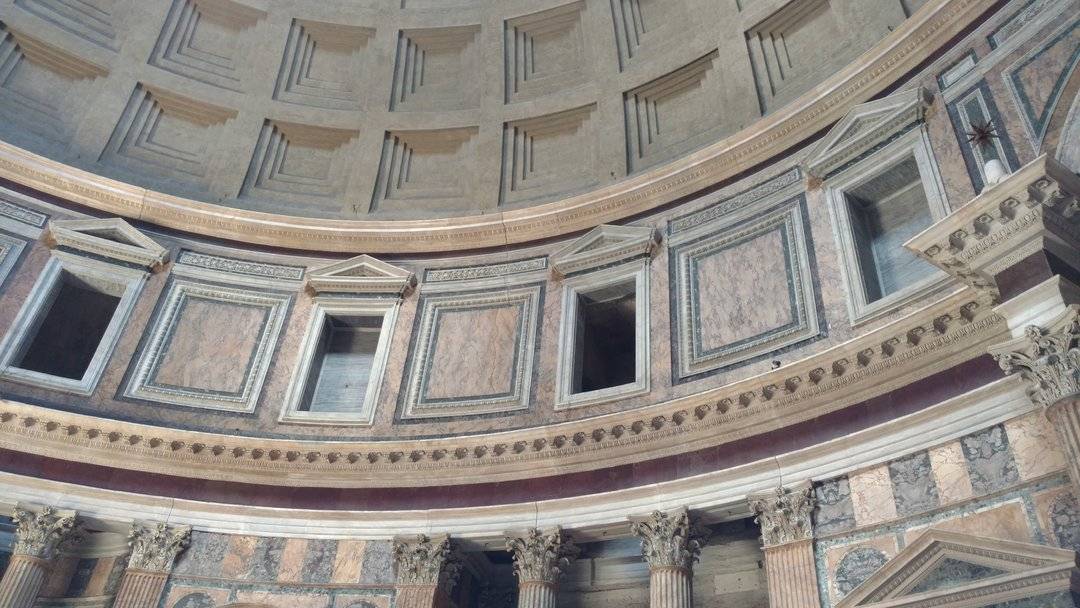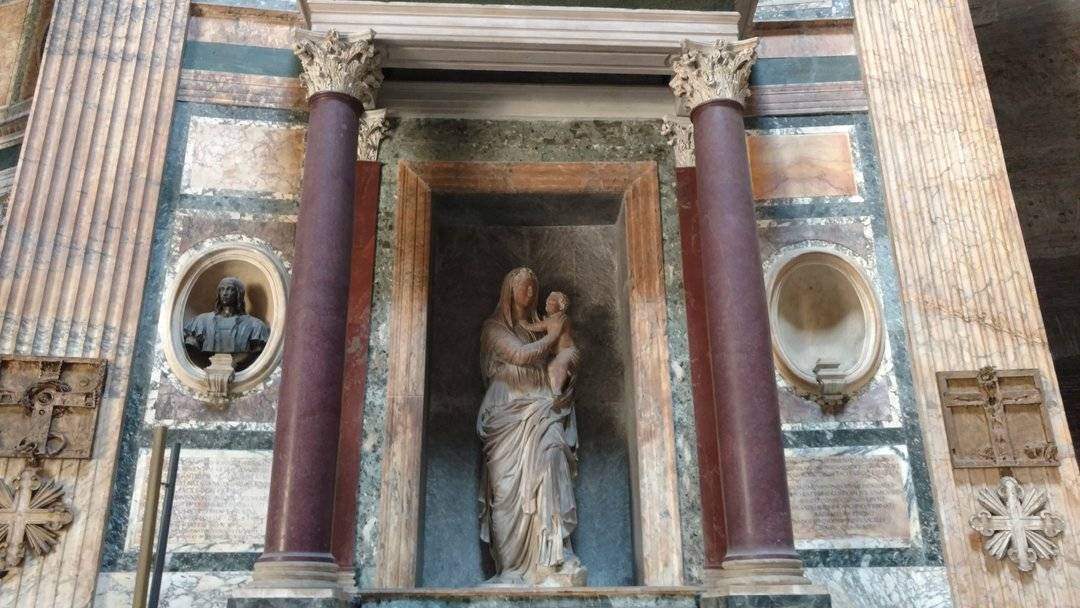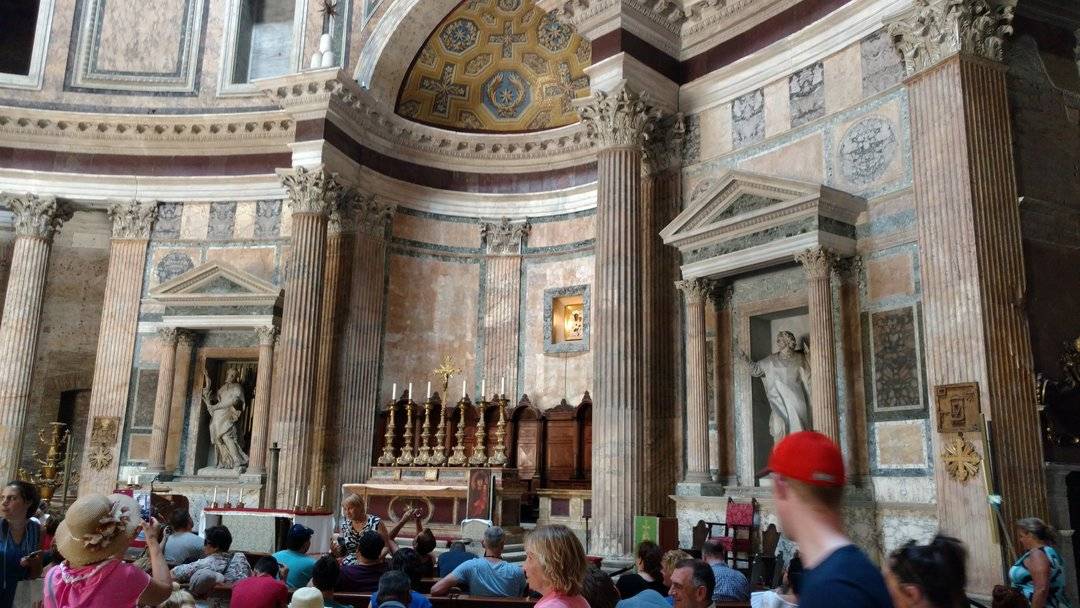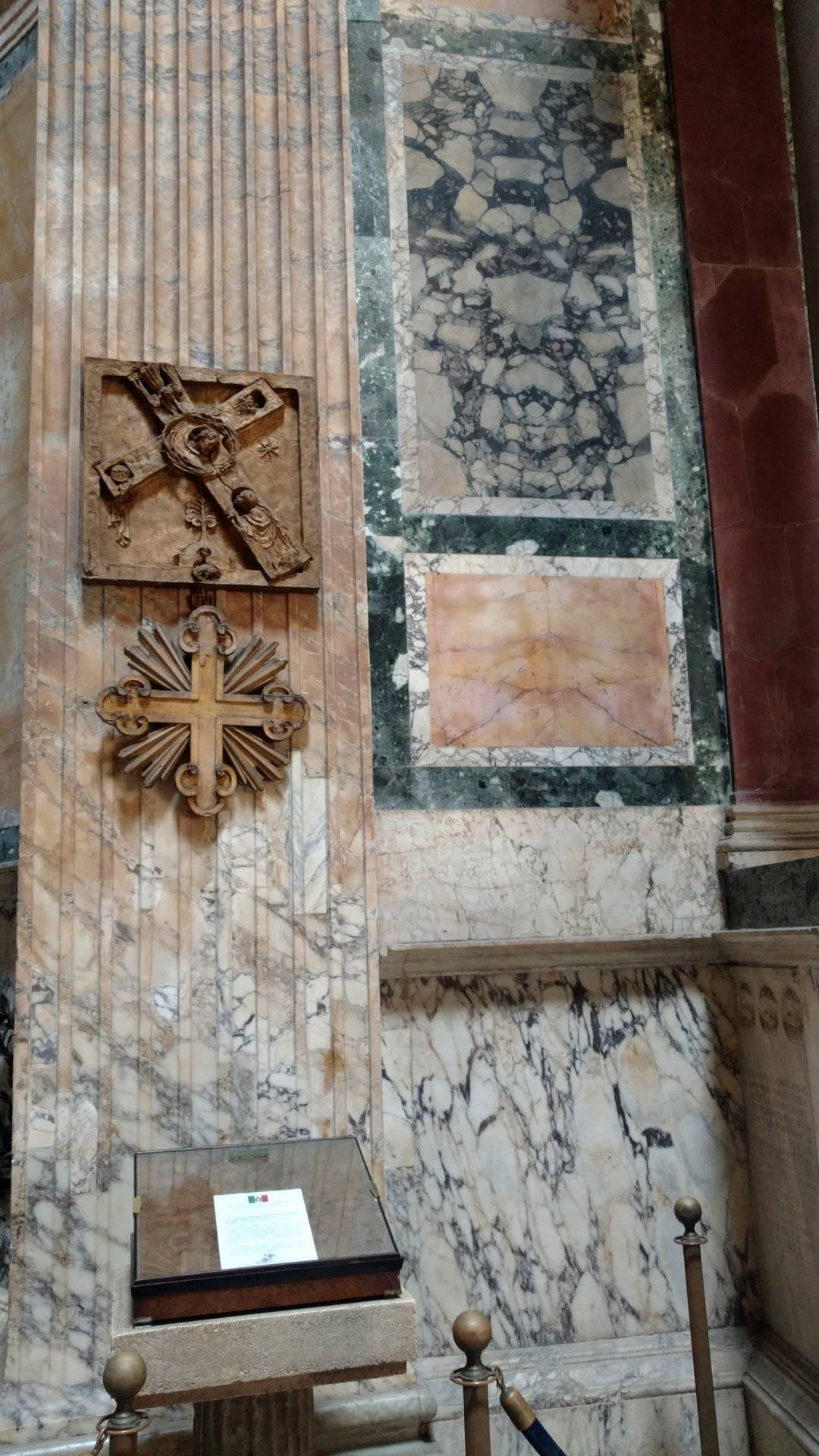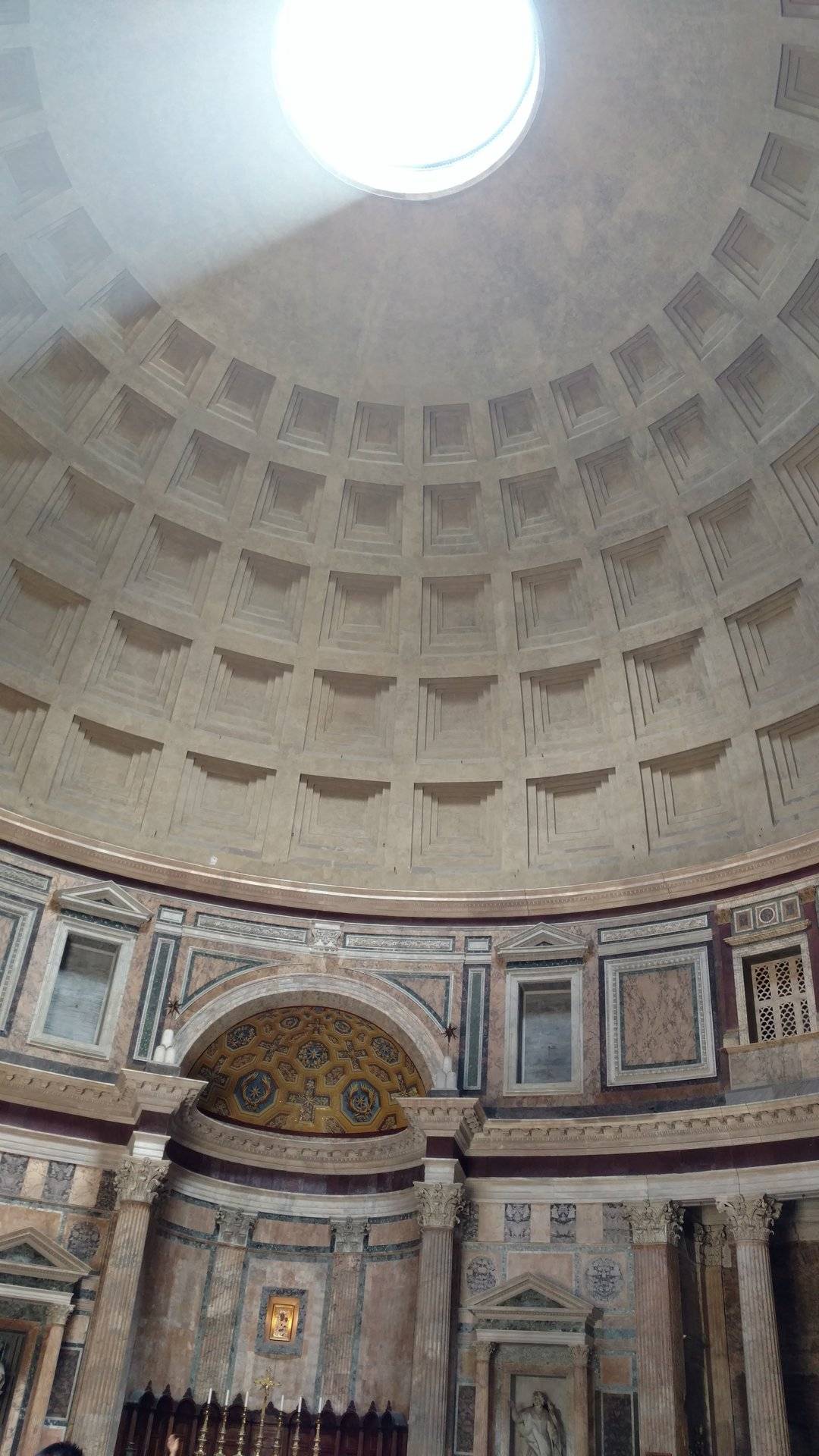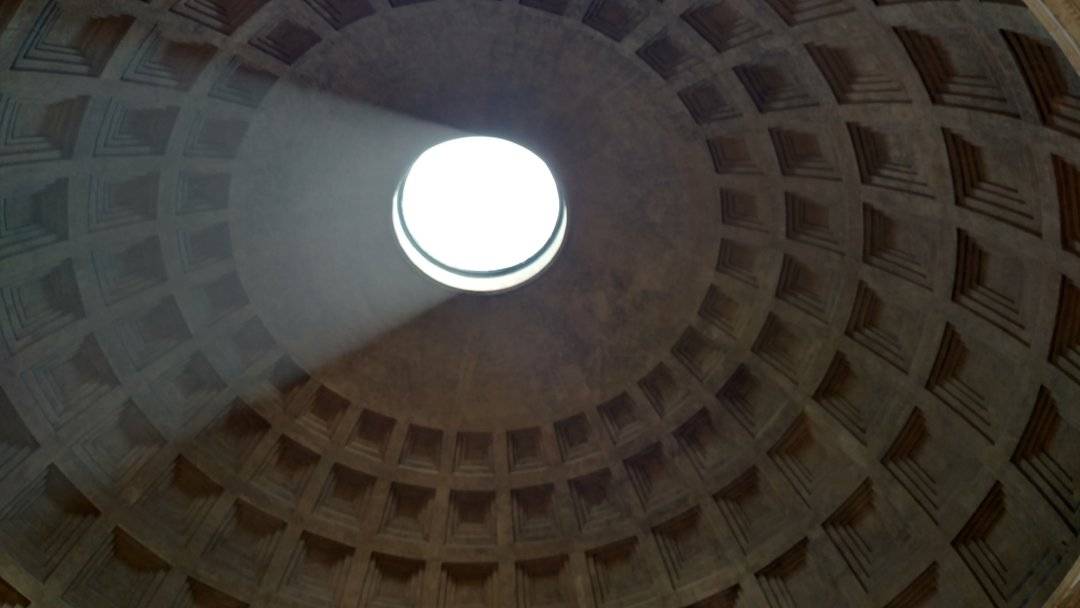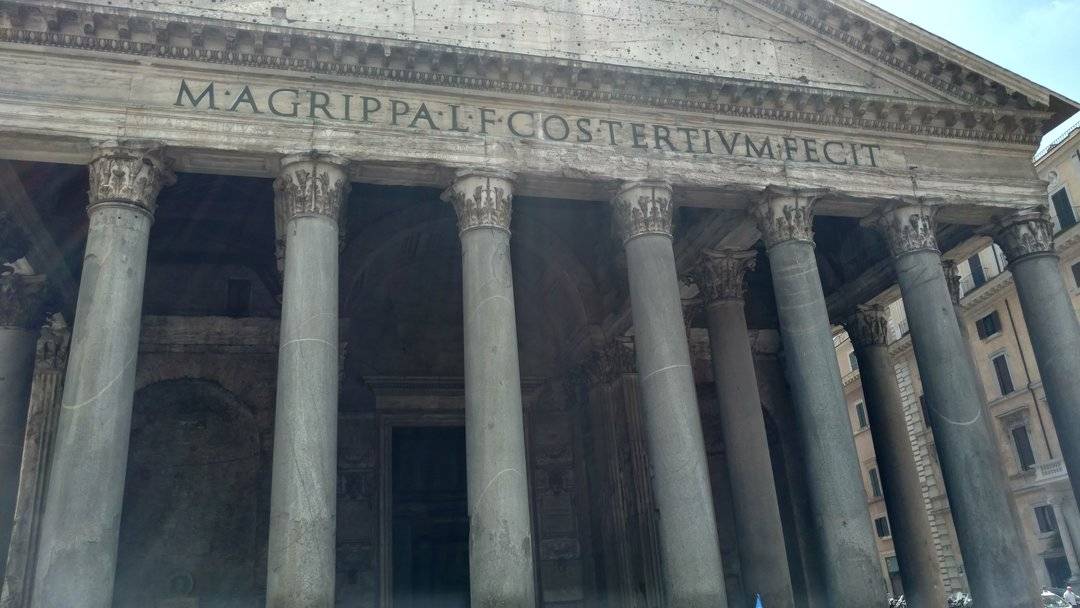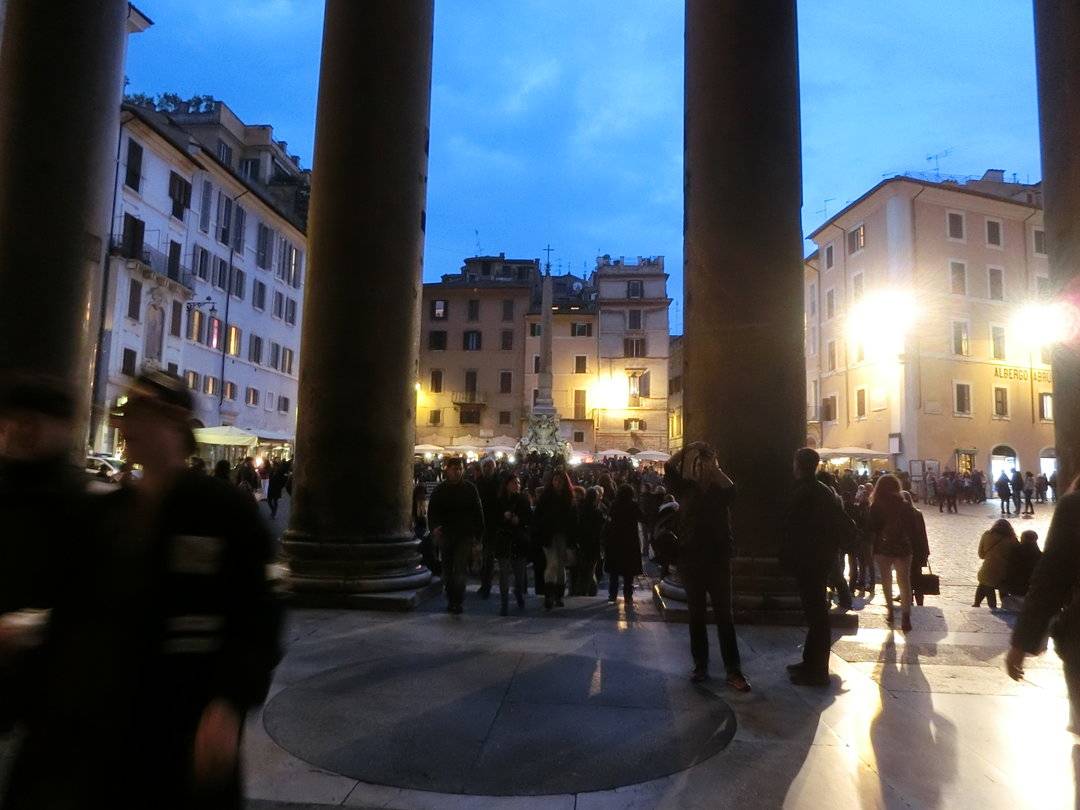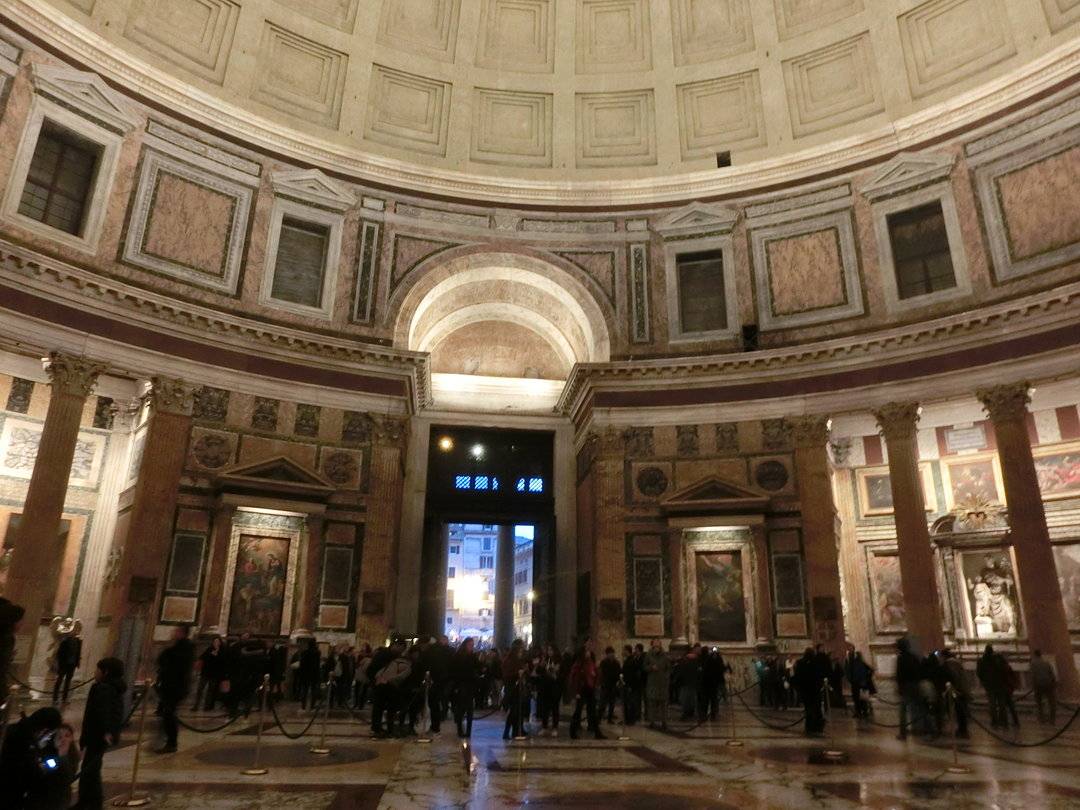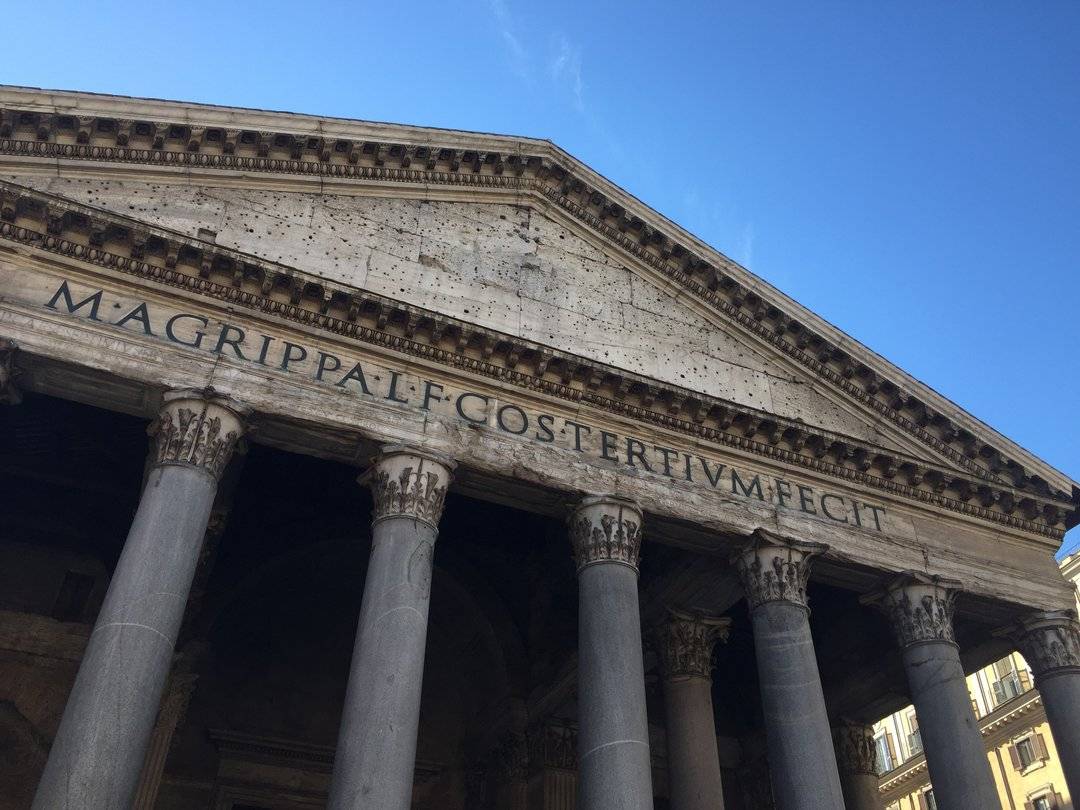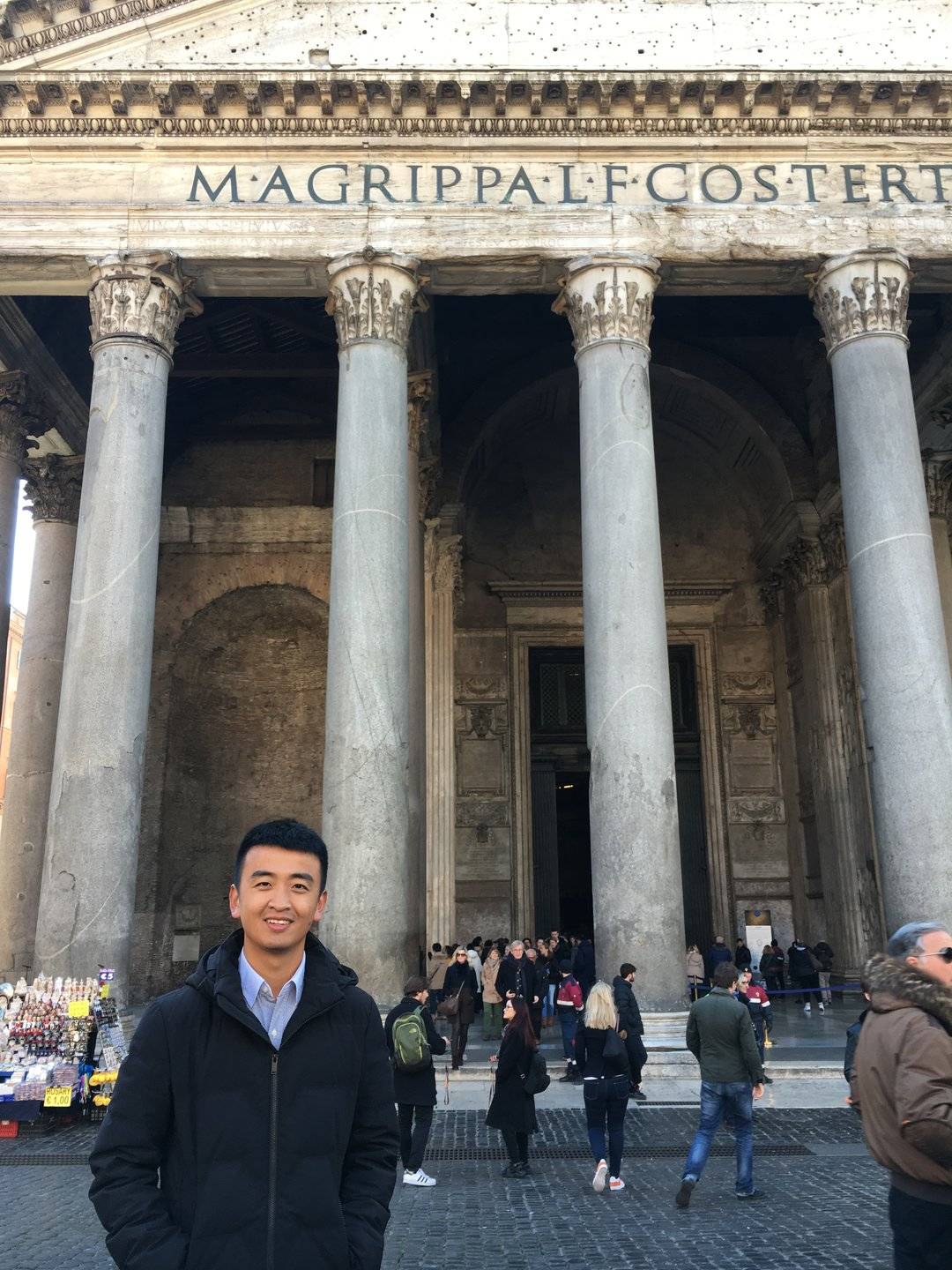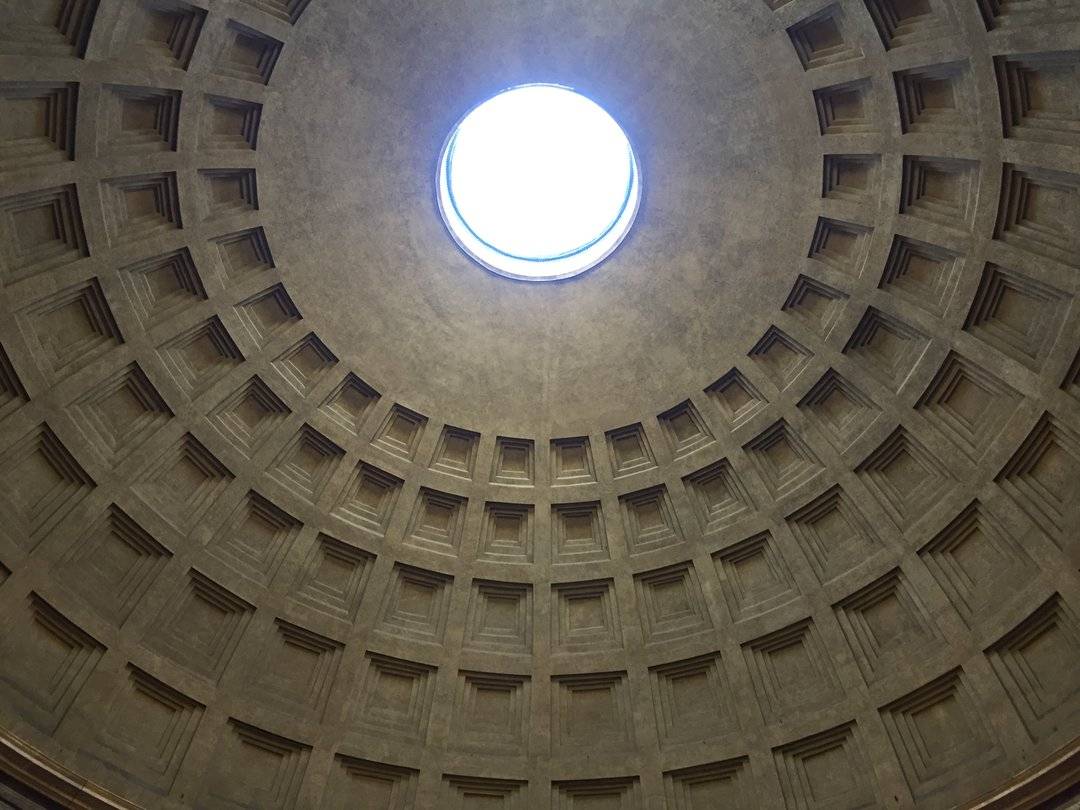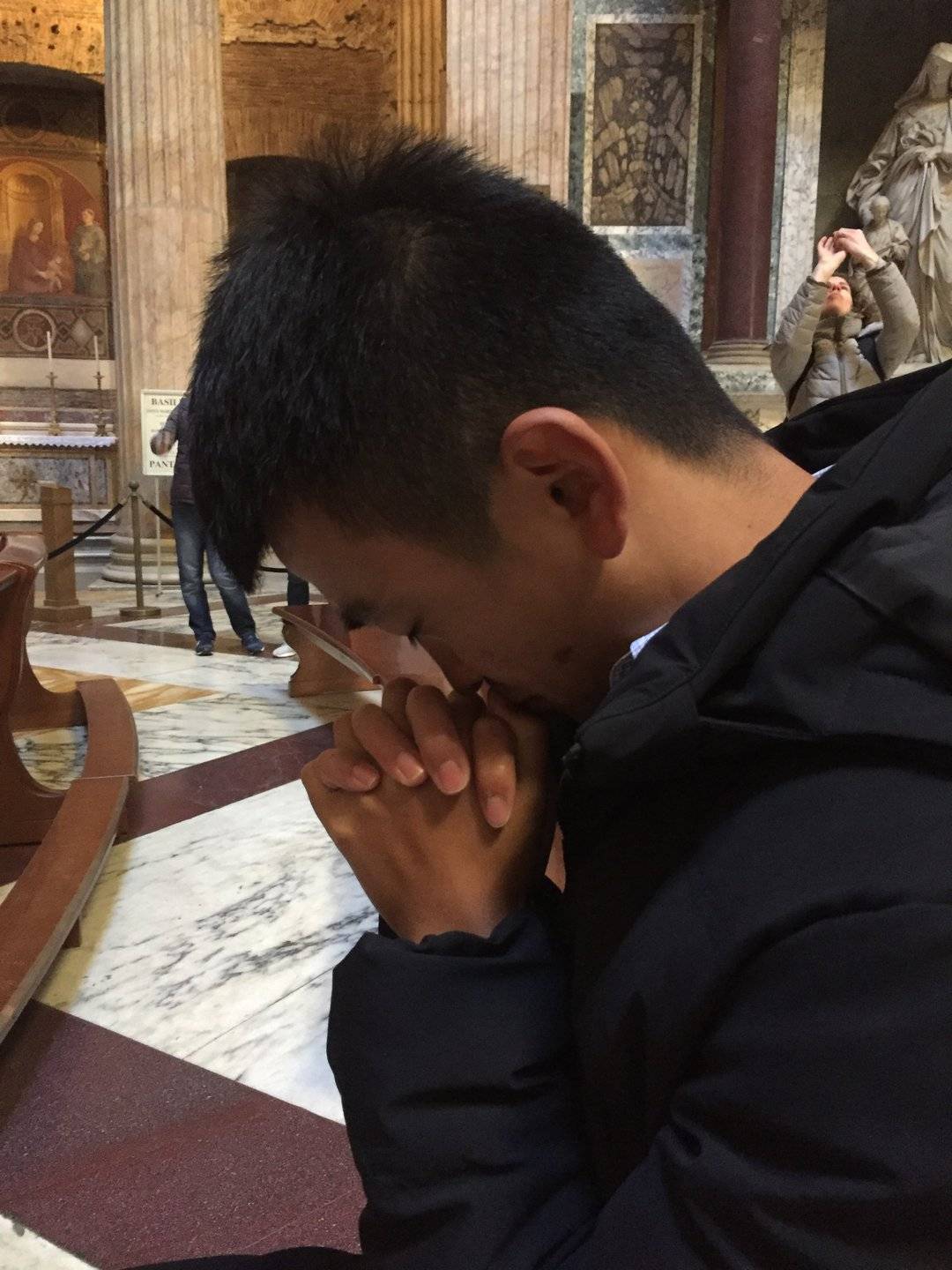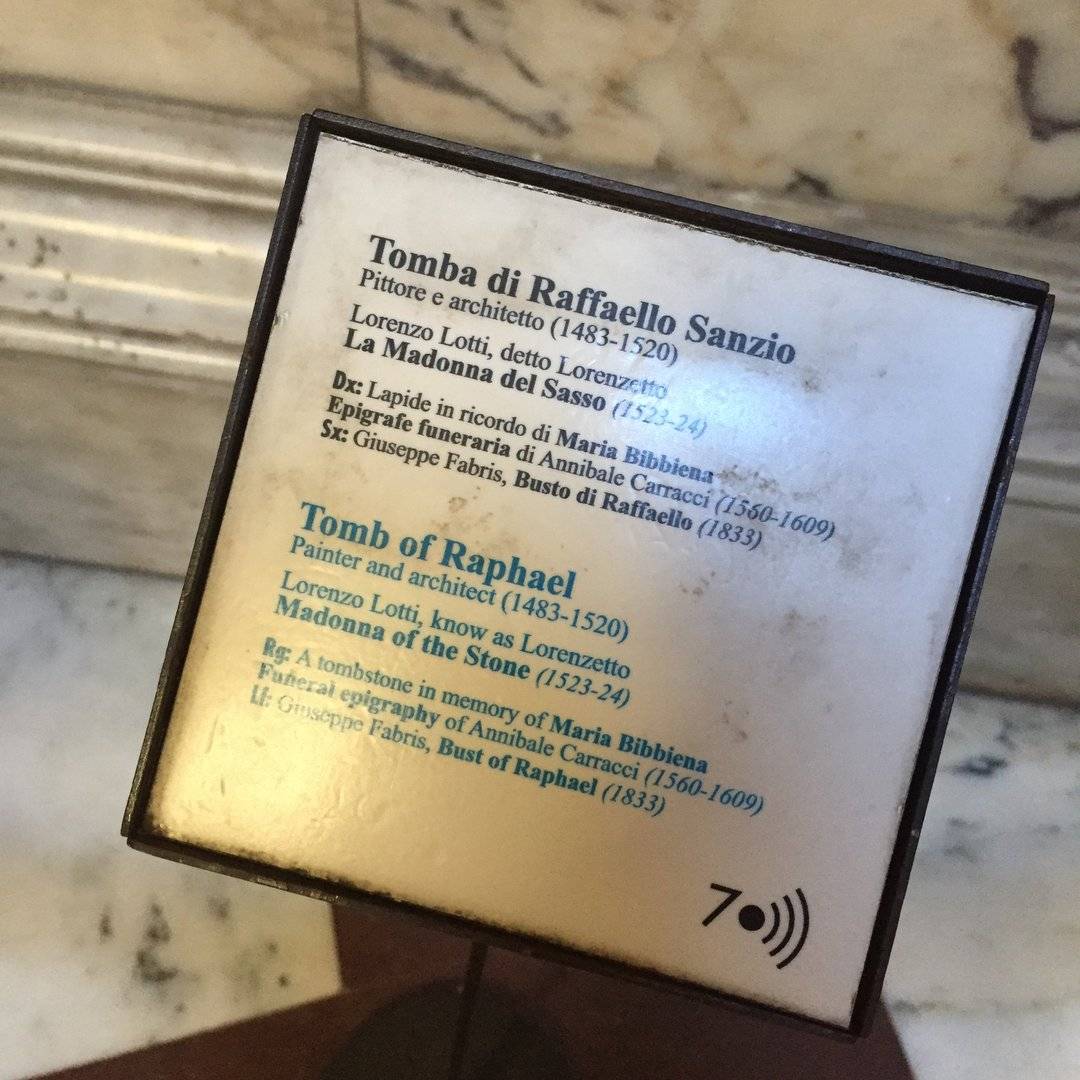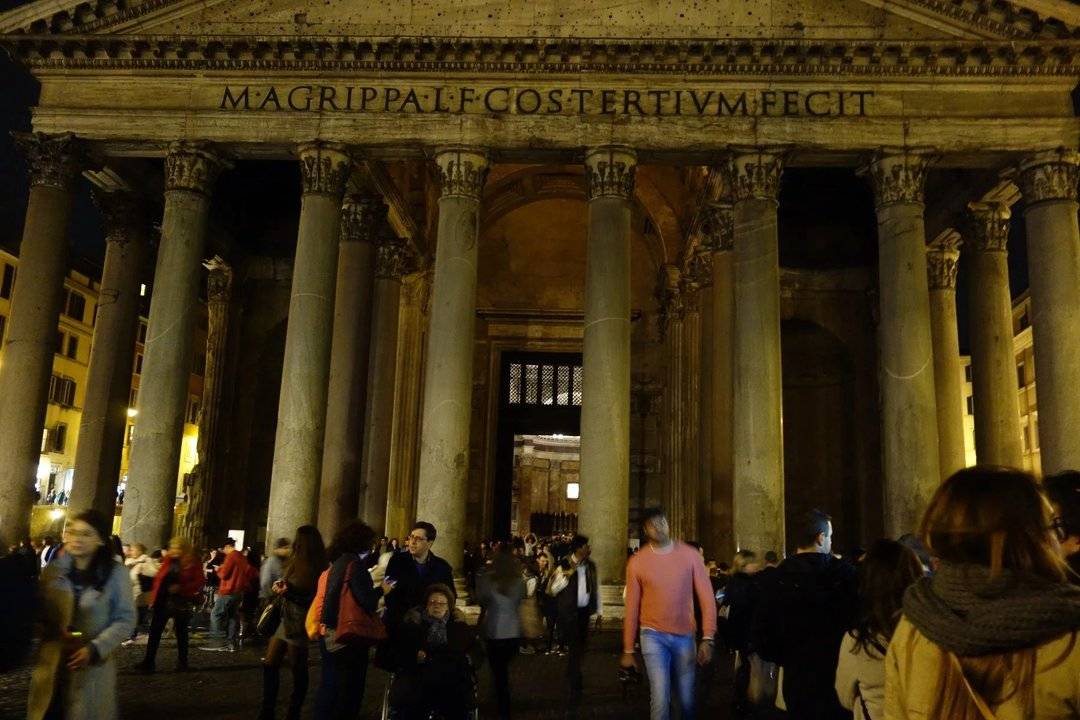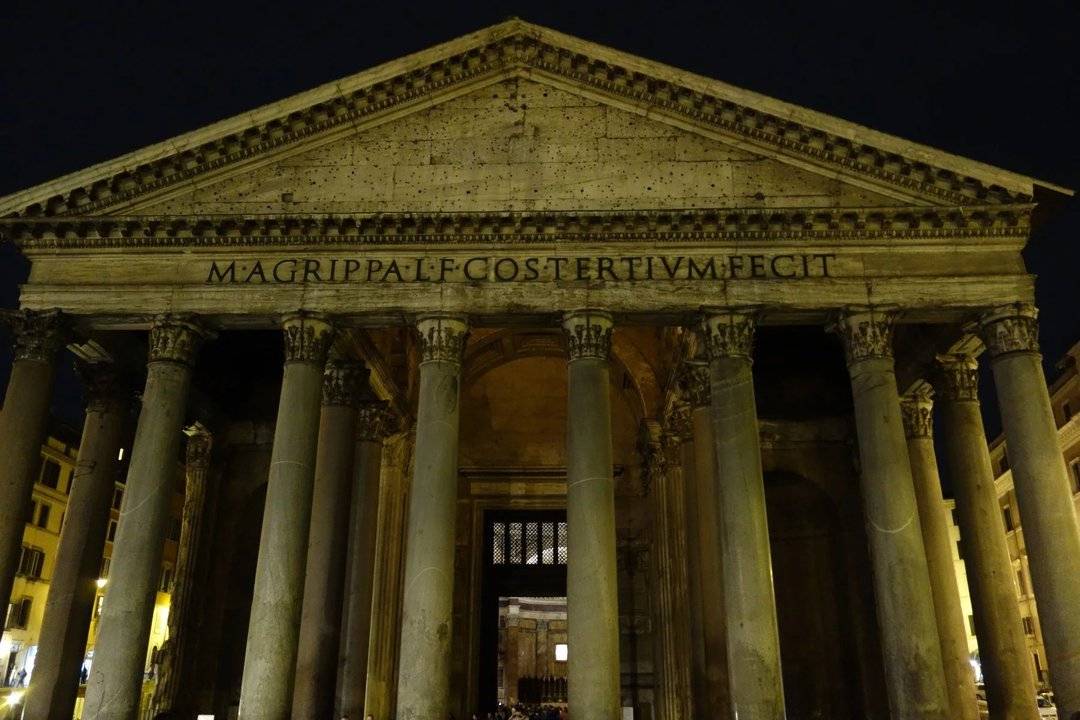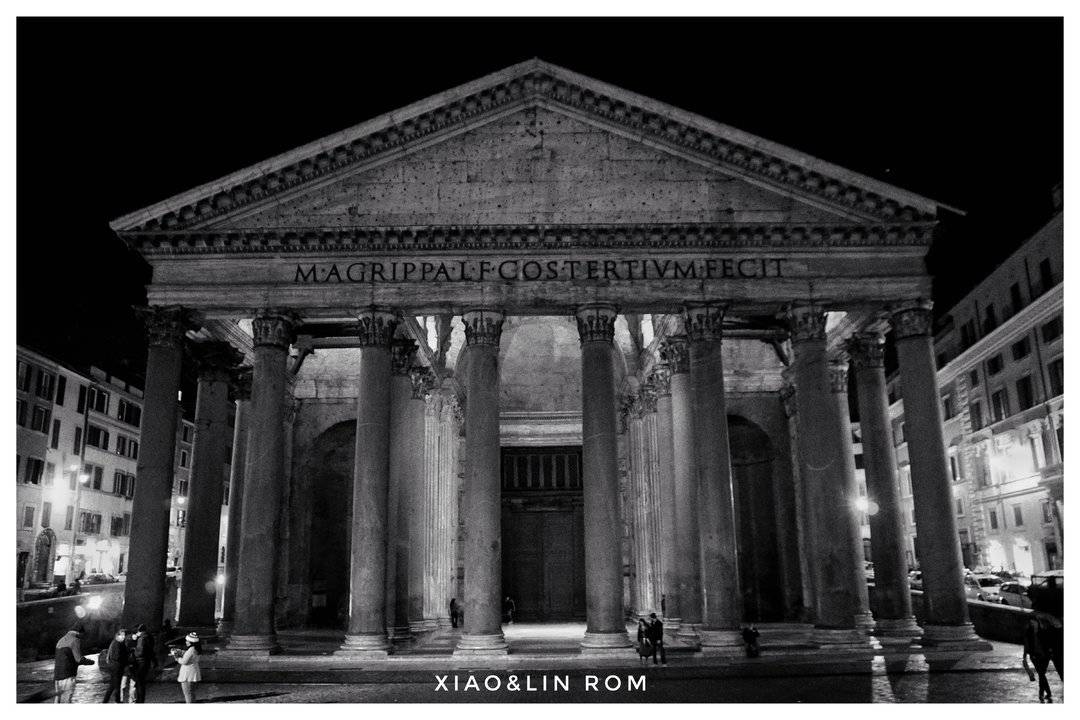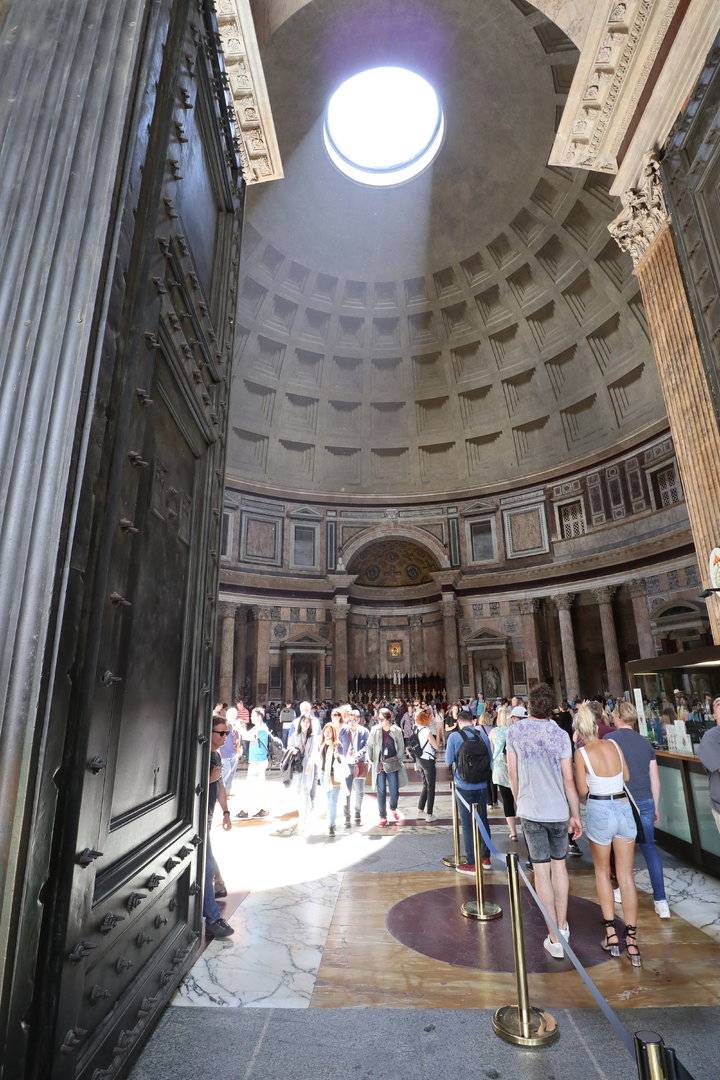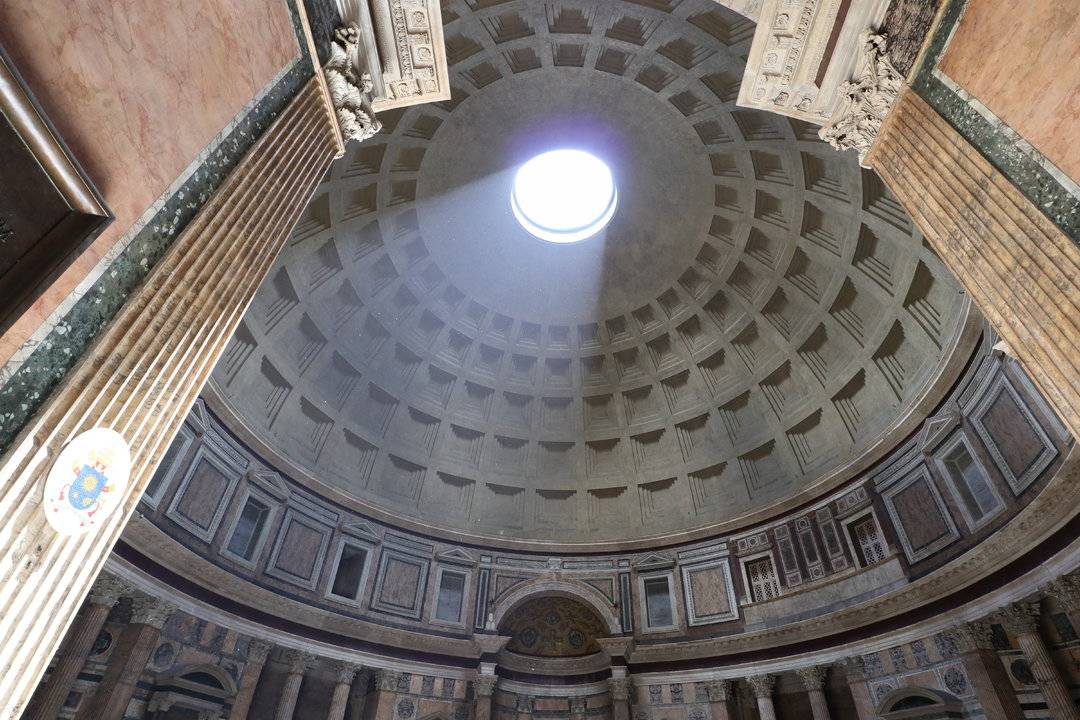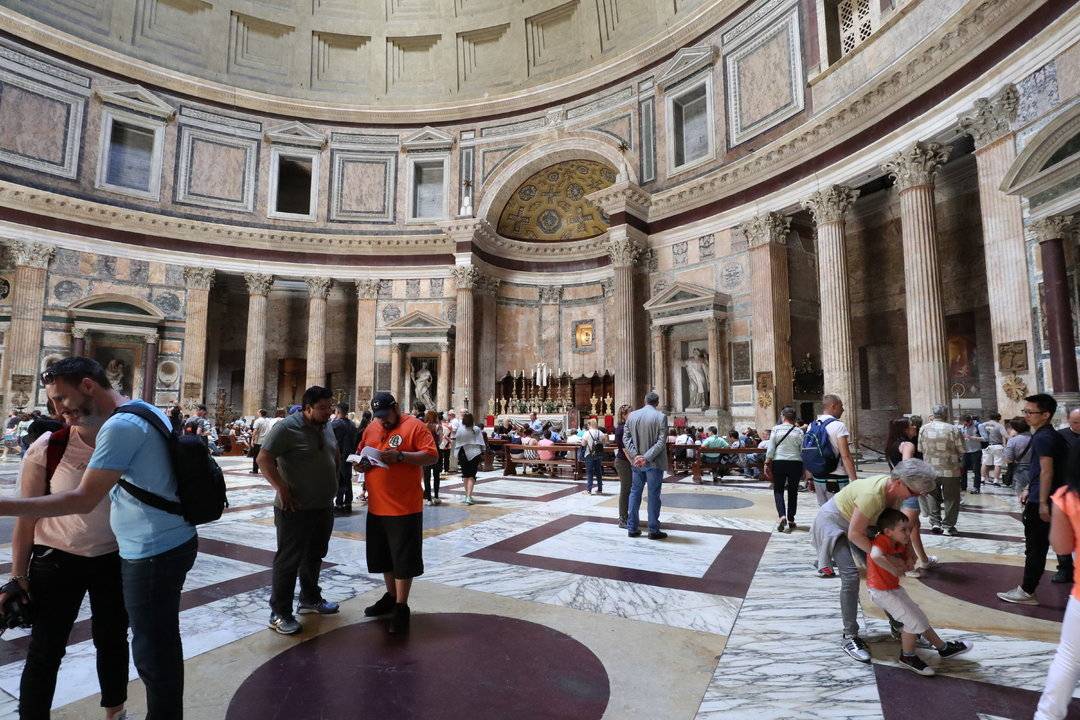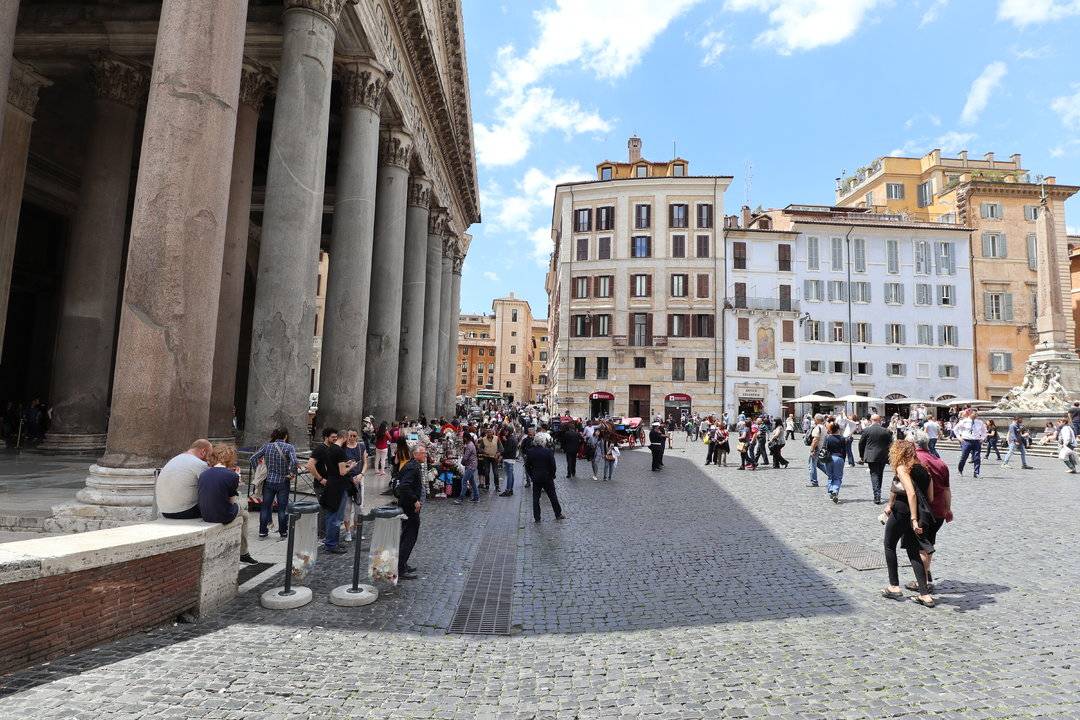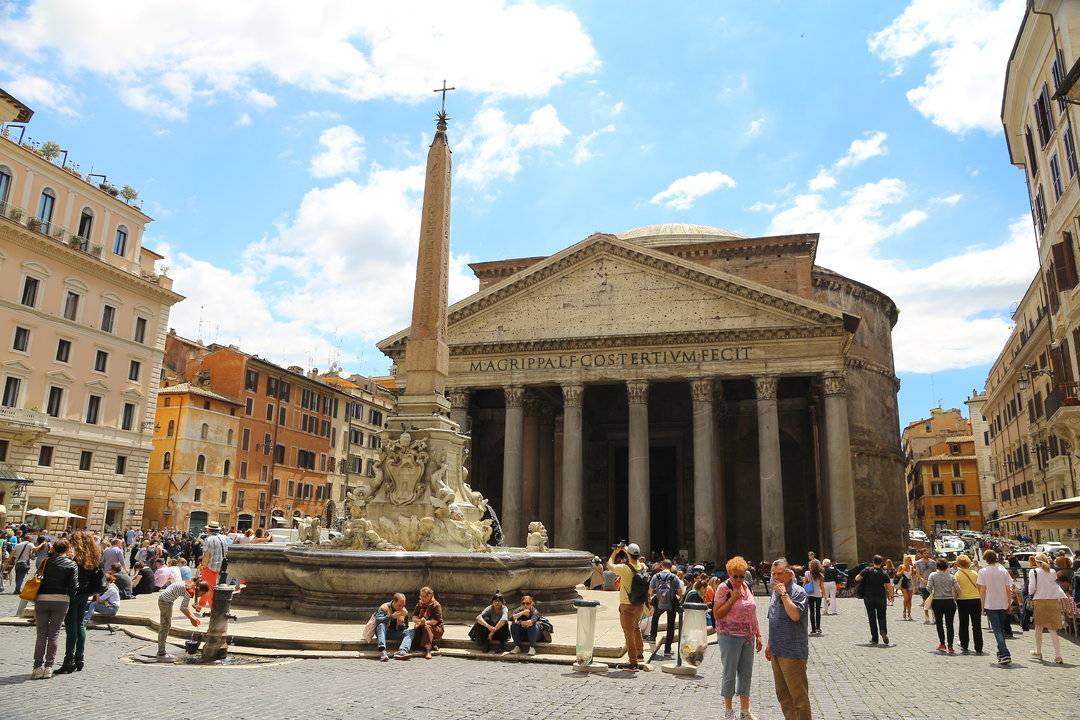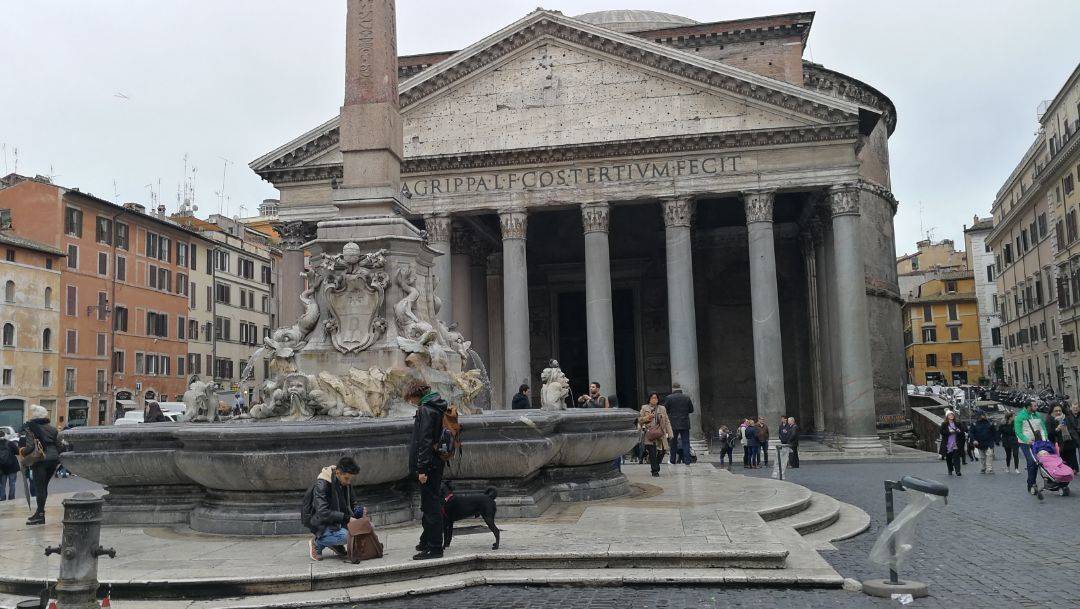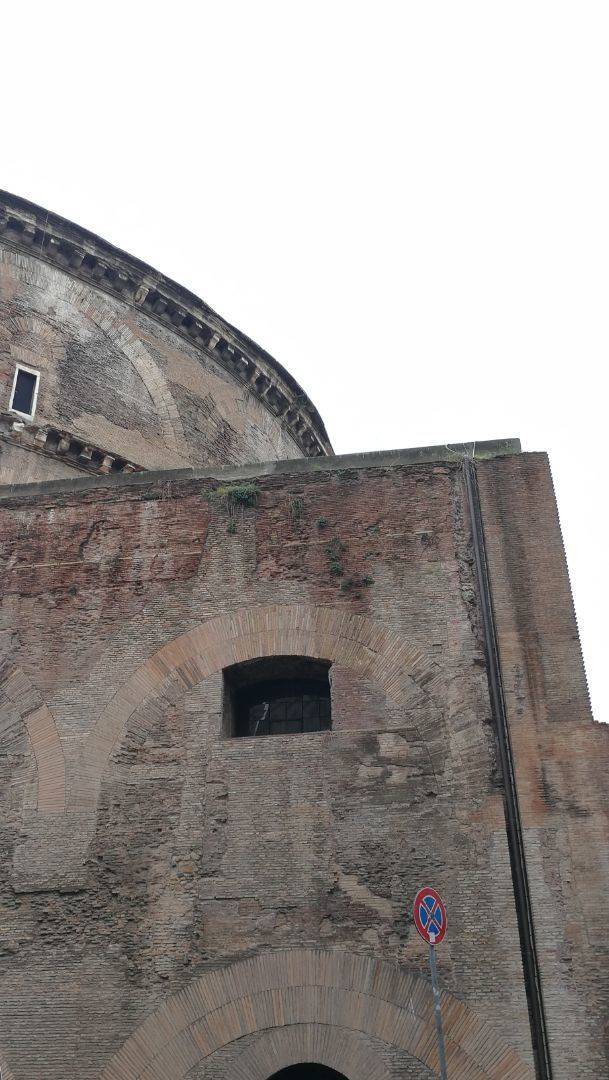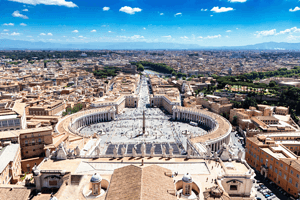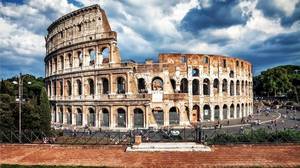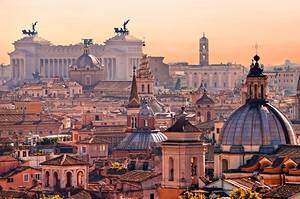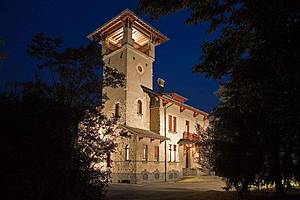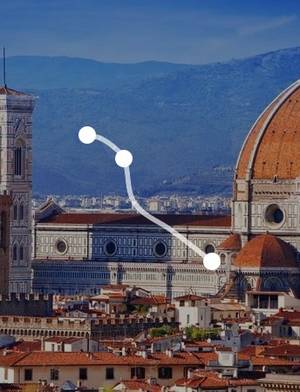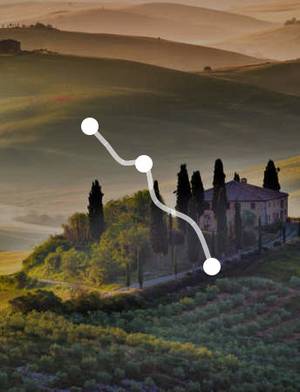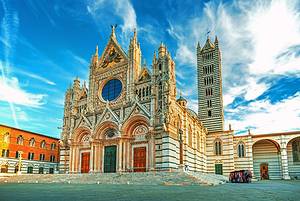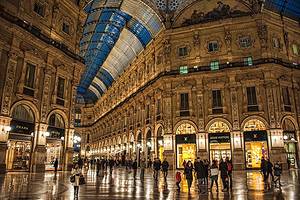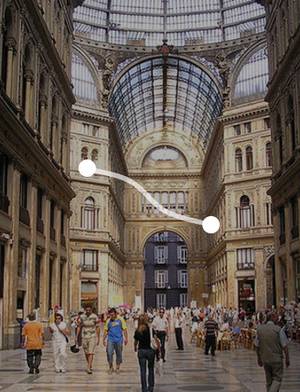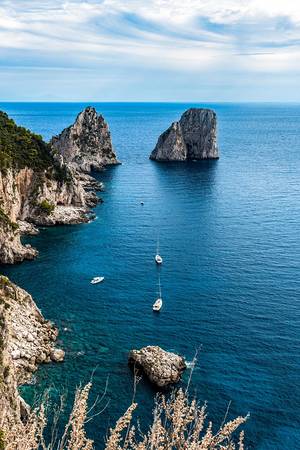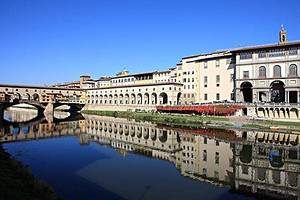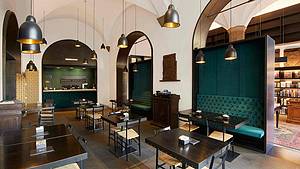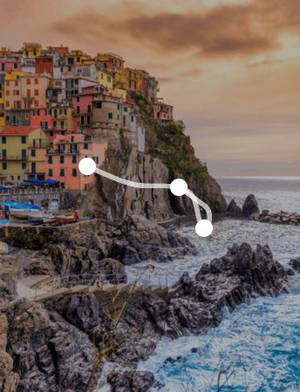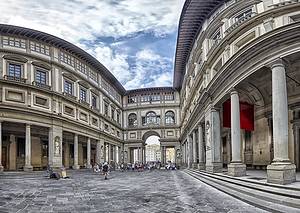Pantheon, A timeless architectural masterpiece
Piazza della Rotonda, Roma
4.5
Introduction
The Pantheon, located in Rome, is a religious building from ancient Roman times which was later converted into a church known as the Church of Santa Maria ad Martyres. The Pantheon was initially built in 27 BC to commemorate the victory of Octavian over Antony and Cleopatra. However, the original temple was destroyed by fire in 80 AD and was not rebuilt until 125 AD. Inscriptions on the colonnade wrongly attributed the building to the assistant of Octavian, Agrippa, until it was discovered in 1892 that the entire structure was built by Roman Emperor Hadrian. During the Renaissance, the Pantheon became a study point for Italian architects and had a significant influence on western architectural history. The building's structure is simple and circular, topped with a 43.3-meter diameter dome, which was the largest in the world until 1436. The interior of the dome has five tiers of recesses, giving a sense of upward movement. The colonnade of the building is made up of 16 granite columns, each 12.5 meters tall with a base diameter of 1.43 meters. The entire structure of the Pantheon was constructed using poured concrete, with the dome gradually thinning out to reduce the weight. The concrete used by the ancient Romans was a mix of natural volcanic ash from near Naples and various aggregates. The Pantheon is a testament to ancient Roman architecture and has influenced the design of many public buildings. It has also been a burial site for important figures since the Renaissance, including artists Raphael and Annibale Carracci. Address Piazza della Rotonda, Roma
Opening hours Monday to Saturday 9:00-18:30
Sunday 9:00-18:00
holidays 9:00-13:00
closed on January 1st, May 1st, and December 25th.
Transportation Get off at Santa Chiara station on bus 116 or 116T and walk for about 3 minutes.
 The circular skylight on the dome is very impressive
The circular skylight on the dome is very impressive